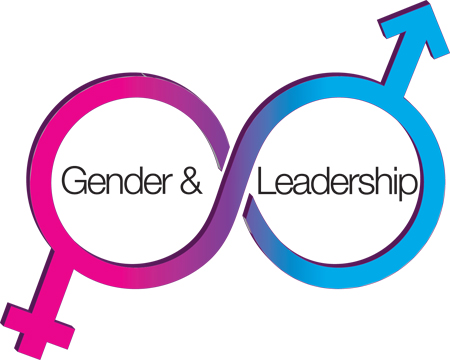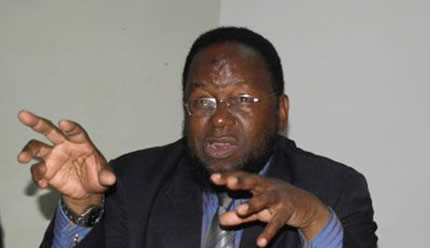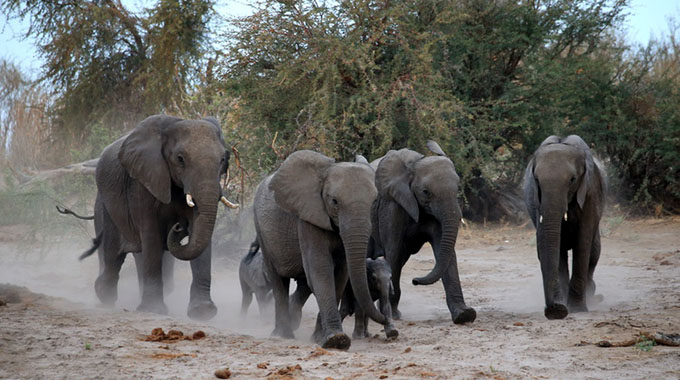Zim bags 8 gender awards

Gender Editor
Zimbabwe was the overall winner in the just ended gender summit in Johannesburg, South Africa, after it beat 14 other countries from SADC to clinch eight awards for implementing gender-sensitive service delivery programmes. The Ministry of Local Government, Public Works and National Housing, Harare, Kadoma, Bulawayo councils and Zvimba Rural District Council emerged winners in the local authorities’ category, while Musasa Project and Women in Politics Support Unit scored high marks in the non-governmental organisations segment.
Zvimba Rural District Council, which won the award for the second year running, got accolades for ensuring that women were not disadvantaged when seeking services such as water provision, accessibility to health facilities and giving women first priority when there are shortages.
Bulawayo, on the other hand, got a special mention following its decision to provide a monthly allocation of 25 gallons of free water for child-headed families and elderly households.
It has also, over the years, adopted a preferred allocation of market stalls, a system that is heavily skewed towards women and people living with HIV and AIDS.
Adjudicators noted that Kadoma was consistent in its implementation of a gender-sensitive budget in line with local government policy that was effected in 2011, calling on local authorities to recognise gender budgeting and to ensure gender-sensitivity when submitting their council budgets to the parent ministry.
Programme officer for Gender Links (Zimbabwe), Mr Tafadzwa Zvaraya, said Zimbabwe has been consistent in mainstreaming gender in different areas, in line with a number of regional and international protocols, which the country is a signatory to.
“This year is an improvement from last year, where Zimbabwe got six awards.
“There are great improvements and a perception change in the gender discourse within several organisations that offer different services to the people,” he said.
The gender summit, held a fortnight ago, brought together over 400 gender activists, media, government and faith based organisations.
It provided a platform for sharing good practices and acknowledged the works for gender drivers of change.
The summit also held numerous parallel meetings to strategise continued efforts to achieve gender quality.









Comments